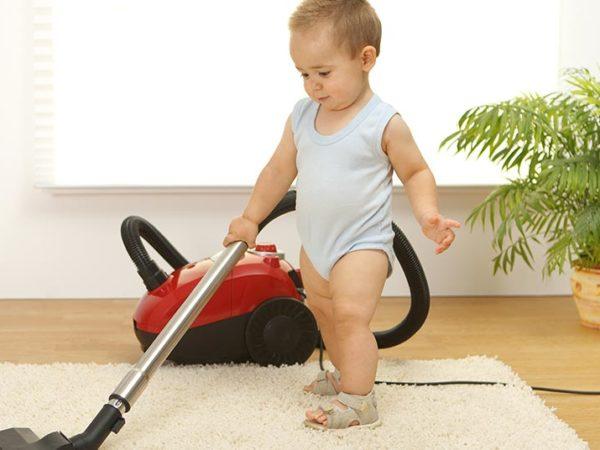
The concept of spring cleaning – that annual big spruce-up, come September – is frankly outdated.
Although the traditional ritual of spring cleaning can be traced to early Persia, Iran and China, the expression “spring cleaning” was coined in England in the 1800s. Back then, when homes needed coal, oil or wood fires for warmth, homes got sooty. So on the first warm days, when heating could be left off, every corner was scrubbed.
With today’s interior lighting, we don’t have to wait for spring to get our houses in order. In fact, there’s no better time to deep-clean your home than in the gloomy months of the Cape’s winter.
Psychological benefits of cleanliness
In winter, when so-called Seasonal Affective Disorder (SAD) makes people glum, a thoroughly cleaned, pleasant-smelling home can lift your spirits.
The therapeutic benefits of being clean and tidy are increasingly being understood, in relation to our workspaces and at home. Clean, well-organised spaces help people think more clearly and be more productive, as well as lifting our moods.
An interesting study in the journal Science even found that hand-washing makes people second-guess their decisions less, leading to clearer thinking.
Health and hygiene
In winter, when people tend to get sick, it’s important to prevent germs from spreading.
In its Hygiene Standards Booklet, the UK’s Hygiene Council says, “We tend not to consider our homes as a source of infection, but a wide variety of micro-organisms exist in the home.”
If you’re keeping your home closed up and warmed during winter, consider that bacteria multiply rapidly in warmth and moisture. Given the right conditions, one bacterium can multiply to four million in only eight hours.
Although we can’t make our homes entirely germ-free, cleanliness can keep your family protected – and more active. A study by the Indiana University, published in Time, found that the tidier people’s homes are, the healthier and more active they’re likely to be.
Deep cleaning
There are many ways to approach cleaning, such as by moving from doing room to room, tidying clutter and washing surfaces. But often-overlooked areas include upholstery, mattresses, curtains, carpets and rugs.
These are the areas that can develop mould and mildew in the Cape’s damp winters, especially in homes with poor ventilation. Mould spores, which live in dust particles and grow in moist conditions, can cause a host of health problems, such as allergies, skin rashes, and fungal sinusitis.
Here are some areas that require deep cleaning, and why:
- Mattresses: The average adult sweats a cup a night. This dampness not only causes odour, but bacteria growth. Dust mites, which feed off our skin cells, breed in mattresses, and they can cause a runny nose, sneezing and asthma.
- Carpets: Dust and dirt not only ruin the look of your carpets and rugs, they’re germ hotspots, as they collect whatever your shoes have picked up outside. They can get so dirty, research by microbiologist Dr Philip Tierno suggests the amount of bacteria per square inch of carpet is more than on the average toilet seat!
- Curtains: Curtains also gather dust mites and mould spots, and if you think it’s enough to wash them yourself, consider this – the average washing machine load can contain up to 100 million E. coli, so you may simply cross-contaminate them in the process.
Call in the professionals
In today’s busy times, few people are as dedicated to housekeeping as they were in the past. When you work hard during the week, the last thing you want to do is spend your weekend washing curtains or carpets. Also, routine household vacuuming and laundering aren’t enough to take care of all types of contaminants.
That’s where professionals like Chelsea Cleaning help save the day, providing thorough, expert cleaning. Then you and your family can sleep cosier, knowing that the mattresses, curtains and carpets that help keep you warm and dry are also clean and fresh.



